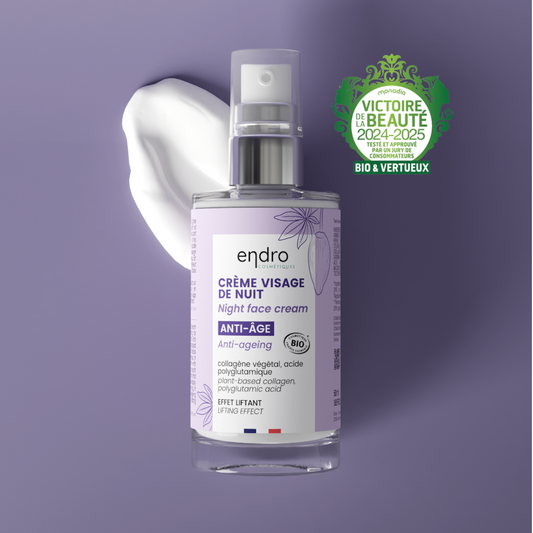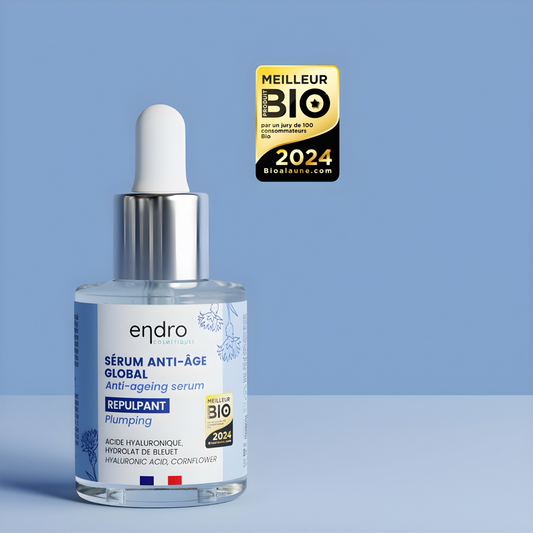In sunscreen products, there are two types of sun filters : chemical and mineral.
Chemical filters work by absorbing the sun's ultraviolet (UV) rays. These organic molecules penetrate the skin, bind to UV rays, and convert them into a small amount of heat, which is then released by the skin. This absorption of UV rays prevents skin damage.
ADVANTAGES :
- Sunscreens containing chemical filters are generally more fluid and easier to apply.
- As they penetrate the skin, they do not leave a white residue on the skin.
DISADVANTAGES :
- They require time to take effect after application (between 15 and 30 minutes) before exposure to the sun.
- They can be allergenic, cause skin reactions, and some ingredients are suspected of being endocrine disruptors.
- They are partly responsible for the destruction of zooxanthellae, a microalgae necessary for coral development, resulting in coral bleaching and reef loss.
Mineral filters form a protective barrier on the skin's surface. Mineral microparticles act like a mirror, reflecting and scattering ultraviolet (UV) rays before they can penetrate the skin, thus preventing sun damage.
ADVANTAGES :
- Creams containing mineral filters protect the skin immediately upon application.
- They are less allergenic and do not contain endocrine disruptors. They are therefore suitable for sensitive, reactive, atopic skin prone to acne or eczema, as well as for children and pregnant women.
- They are not harmful to the environment and respect marine flora and fauna.
DISADVANTAGES :
- They leave a thin white layer on the skin after application.
At Bright and Bio, we offer an organic mineral filter sunscreen with SPF 50, developed by Biosalines Laboratories, whose respect for nature and the ocean is a fundamental value. With a very pleasant fragrance, it protects as soon as it is applied — it is a thick cream, so there is no need to use tons of it !

Discover this wonderful product here : 100% Mineral Sun Solar Spray 50











